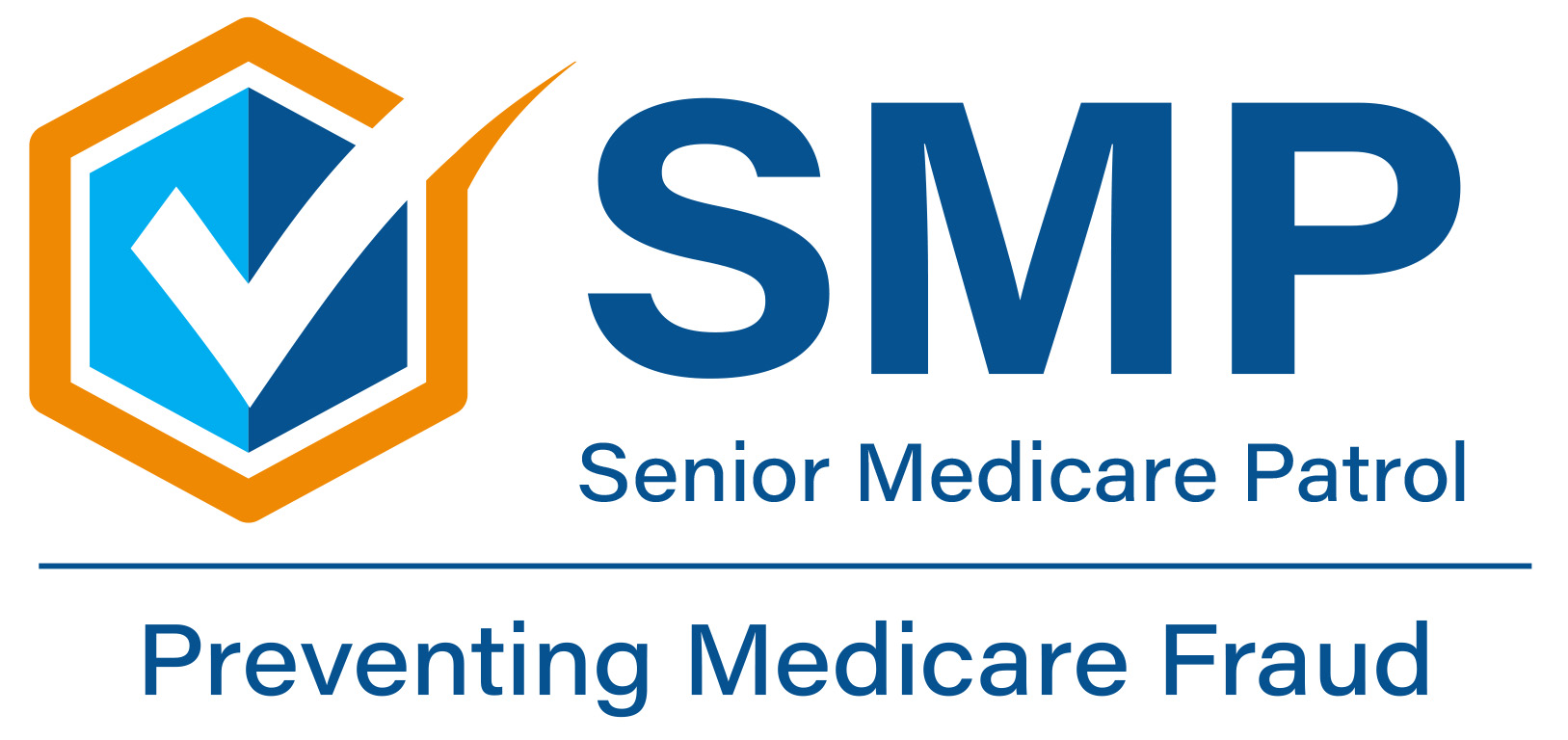Home Health Care Fraud
Medicare Parts A and B cover intermittent or short-term home health services. These services must be provided by a Medicare-approved home health agency that works with your doctor to manage your care. To be eligible for Medicare coverage:
- Your doctor must determine it’s medically necessary for you to receive skilled care services at home. Skilled care services at home could include part-time or “intermittent” nurse and nurse aide visits (personal, hands-on care) and rehabilitation services, which include speech-language pathology, physical and occupational therapy, and medical social services.
- Your condition must be expected to improve in a reasonable amount of time or your condition requires skilled therapy to maintain your current condition or prevent or slow, further deterioration.
- You must be considered “homebound.” This means you are unable to leave your home without assistance, it requires considerable and major effort, or it is considered dangerous due to your current health condition. You may leave home for medical care and some short or infrequent outings (for example, worship services) as long as you meet these conditions.
Report potential home health care fraud, errors, or abuse if:
- You see on your Medicare Summary Notice (MSN) or Explanation of Benefits (EOB) charges for:
- Home health services when you did not meet Medicare’s “homebound” criteria
- Services that were not deemed medically necessary by your doctor
- Home health services like skilled nursing care and/or therapy services that were not provided
- You were:
- Enrolled in home health services by a doctor you do not know
- Offered things such as “free” groceries or a “free” ride from a home health agency in exchange for your Medicare number or to switch to a different home health agency
- Charged a copayment for home health services
- Asked to sign forms verifying that home health services were provided even though you did not receive any services
- Someone came to your home and provided housekeeping or medication services, but you see on your Medicare Summary Notice (MSN) or Explanation of Benefits (EOB) that Medicare was billed for a covered service like skilled nursing or other therapy instead.
- You accept cash or gifts in exchange for going along with a home health scam.
To learn more about tips related to home health care fraud, click here.
To learn how to read your Medicare Summary Notice (MSN) and Explanation of Benefits (EOB), click here.
Report Suspected Fraud
To report suspected fraud, click here.
SMP Resources
- Home Health Care Fraud Tip Sheet
(English) (Arabic) (Chinese Simplified) (French) (German) (Korean) (Russian) (Spanish) (Tagalog) (Vietnamese)
- Home Health Care Fraud Infographic
(English) (Arabic) (Chinese Simplified) (French) (German) (Korean) (Russian) (Spanish) (Tagalog) (Vietnamese)
- Home Health Care Fraud Video
